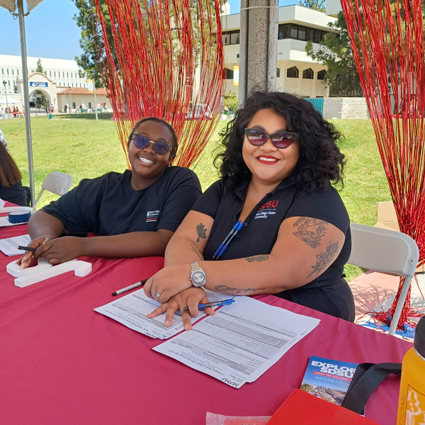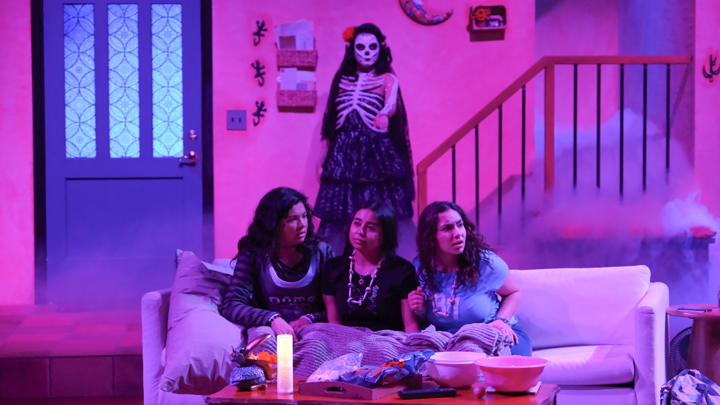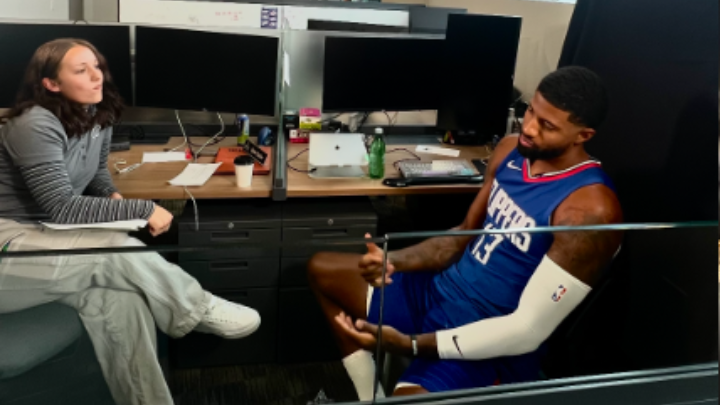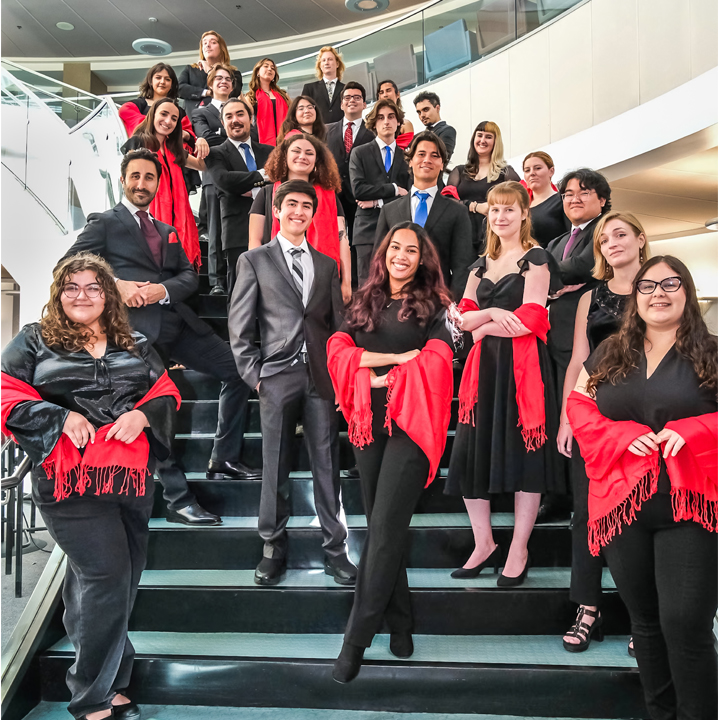Graduate Capstone Projects take students out into the community
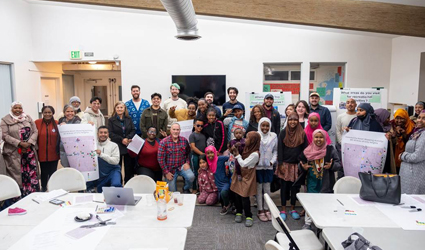
The Capstone Project is the culminating experiences we offer in our Masters programs in the School of Public Affairs. This year, we have 50 Masters students in Criminal Justice (CJ), City Planning (CP), and Public Administration (PA) working on 13 unique projects. Drs. AJ Kim, Madi Swayne, and Kim Kras are supervising the projects, which will be presented to community members, faculty, students, and Capstone partners on May 8th at the annual Capstone Presentation Event.
Project Profile: City Heights Community Vision Plan
The City Heights Community Development Corporation (CHCDC) is working with SPA Masters students Alyssa Ahn, Thomas DeFranco, Nicole Morrow, and Jose Vergara to develop a project responding to transit development and displacement in Mid-city San Diego. The City Heights Community Development Corporation (CHCDC) is a non-profit organization that focuses on enhancing the quality of life for their residents. Their programs include affordable housing, resident services, transportation & planning, economic development, eviction prevention, and even a community garden. CHCDC identified the need to establish and measure what dignified, safe, and prioritized transit infrastructure looks like for the Mid-City San Diego community. This project is designed to help policy makers and community leaders identify, measure, and address concepts of displacement and transit development surrounding the State Route 15 within the Mid-City community by gathering Census data and co-hosting with CHCDC an asset mapping workshop. This project is supervised by Dr. AJ Kim.
Project Profile: Brownfields Reuse Planning to Support Community Planning Goals
The National City Brownfields Assessment Project at SDSU, in conjunction with the Sage Project - a program within the Center for Regional Sustainability at San Diego State University who has received federal and state grants to conduct environmental assessments of brownfield properties - is partnering with SPA Masters students Leslie Aparicio, Isabella Quevedo, Shannon Baer, and Delaney Tax to develop a community outreach toolkit. This project consists of drafting a community engagement plan through collecting survey data, asking residents/community members about their experience and knowledge about community involvement. To ensure that equitable practices are being implemented into the document, other demographic identifiers will also be collected to assess any possible barriers residents may have when attempting to participate in community-wide programs. The final goal is to publish a community engagement plan that will eventually lead to high levels of community participation and output during the environmental assessment and reuse planning stages of the Brownfield Grant Program. This project is supervised by Dr. Madi Swayne.

